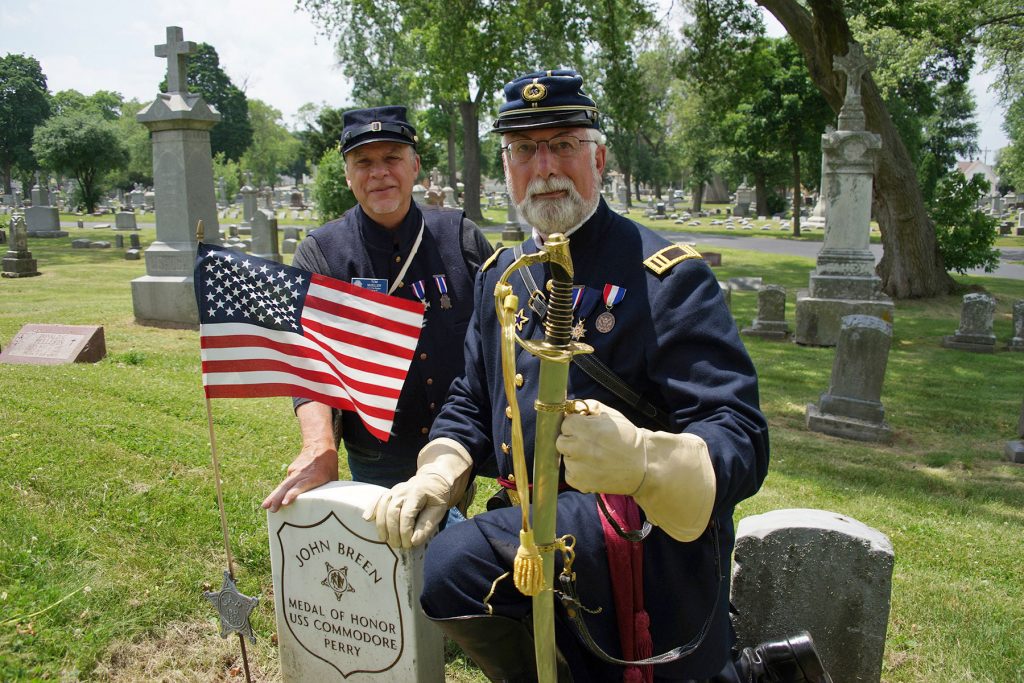Tackling the Infodemic: Social media companies must do more to stem coronavirus misinformation
By Bhaskar Chakravorti, Dean of Global Business, The Fletcher School, Tufts University As we practice social distancing, our embrace of social media gets only tighter. The major social media platforms have emerged as the critical information purveyors for influencing the choices people make during the expanding pandemic. There’s also reason for worry: the World Health Organization is concerned about an “infodemic,” a glut of accurate and inaccurate information about COVID-19. The social media companies have been pilloried in recent years for practicing “surveillance capitalism” and being a societal menace. The pandemic could be their moment of redemption. How are...
Read More














